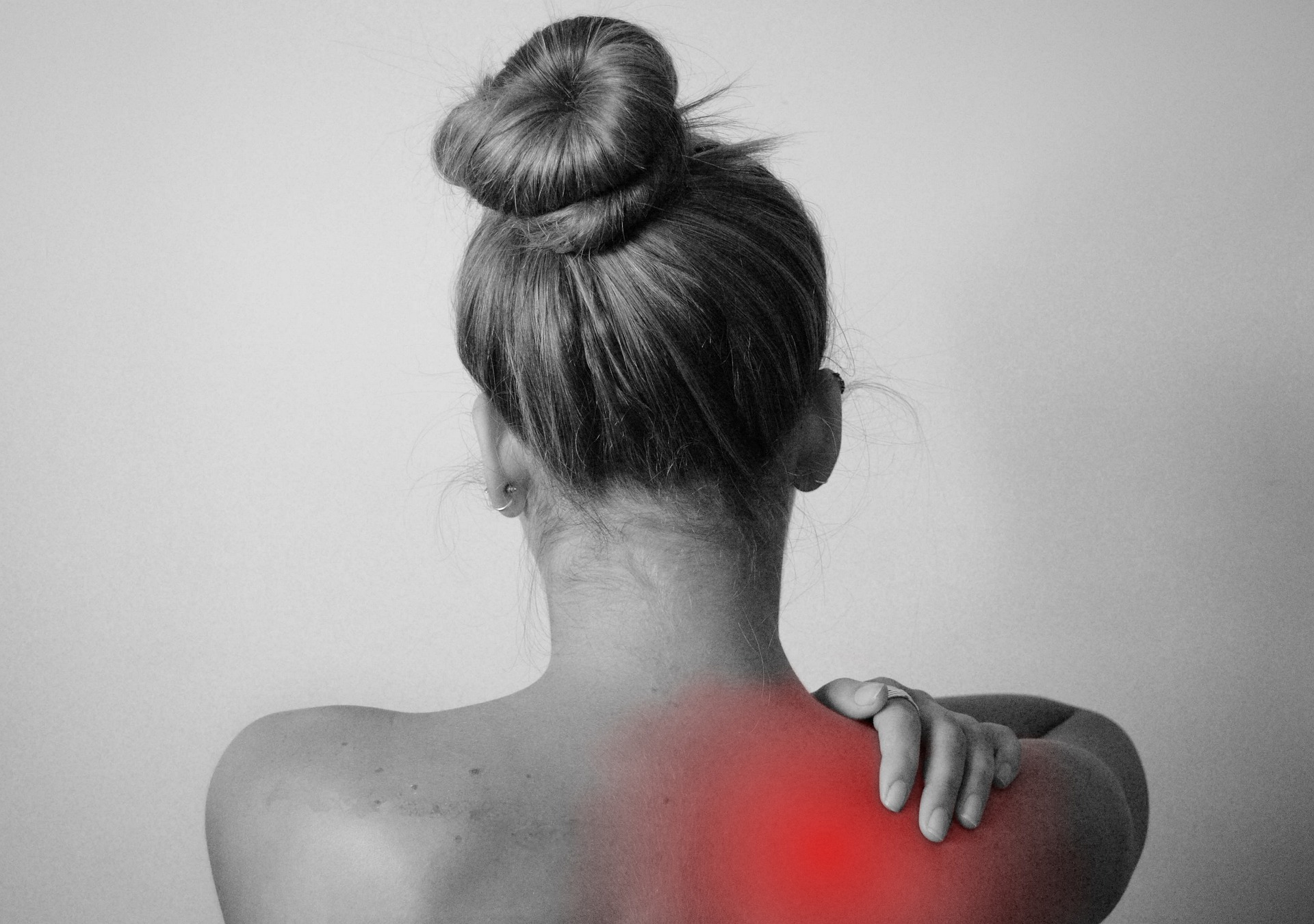News release
From:
Higher rates of chronic pain in women linked to genetics
Findings highlight the role of the central nervous system in the development of chronic pain
Women may be at greater risk of experiencing chronic pain because the condition has a different genetic basis in men and women. Keira Johnston of the University of Glasgow and colleagues report these findings in a new study published April 8th in PLOS Genetics.
Chronic pain is a common and potentially debilitating condition that tends to affect more women than men. To explore this disparity, researchers undertook the largest ever genetic study of chronic pain that analyzed women and men separately. They looked for genetic variants associated with chronic pain in 209,093 women and 178,556 men, and compared the results. In women, 31 genes were associated with chronic pain, while 37 genes were linked in men. A single gene was associated with chronic pain in both sexes. The researchers also investigated whether the activity of these genes was turned up or down in tissues known to be related to chronic pain. They found that all 37 genes in men and all but one of the 31 genes in women were active in the dorsal root ganglion, a cluster of nerves in the spinal cord that transmit pain signals from the body to the brain.
The new results support the researchers’ previous work, showing that chronic pain originates to a large extent in the brain, and to a lesser degree in the sites where people may be experiencing pain. The study also suggests that sex differences in chronic pain likely have at least a partial genetic basis. They argue that research into chronic pain – and potentially other complex conditions – will likely benefit from approaches that take sex into account. Overall, these findings add to our understanding of chronic pain and may inform the development of novel therapies for this hard-to-treat condition.
Johnston adds, “Our study highlights the importance of considering sex as a biological variable and showed subtle but interesting sex differences in the genetics of chronic pain.”
#####



 International
International



